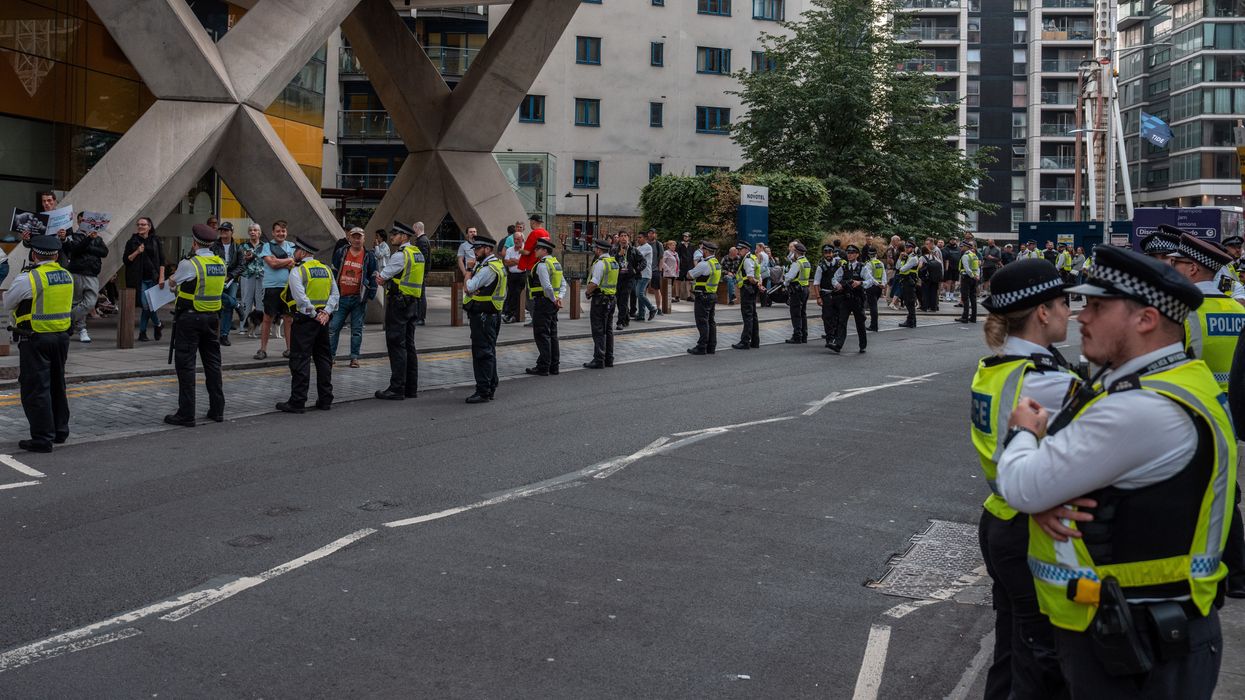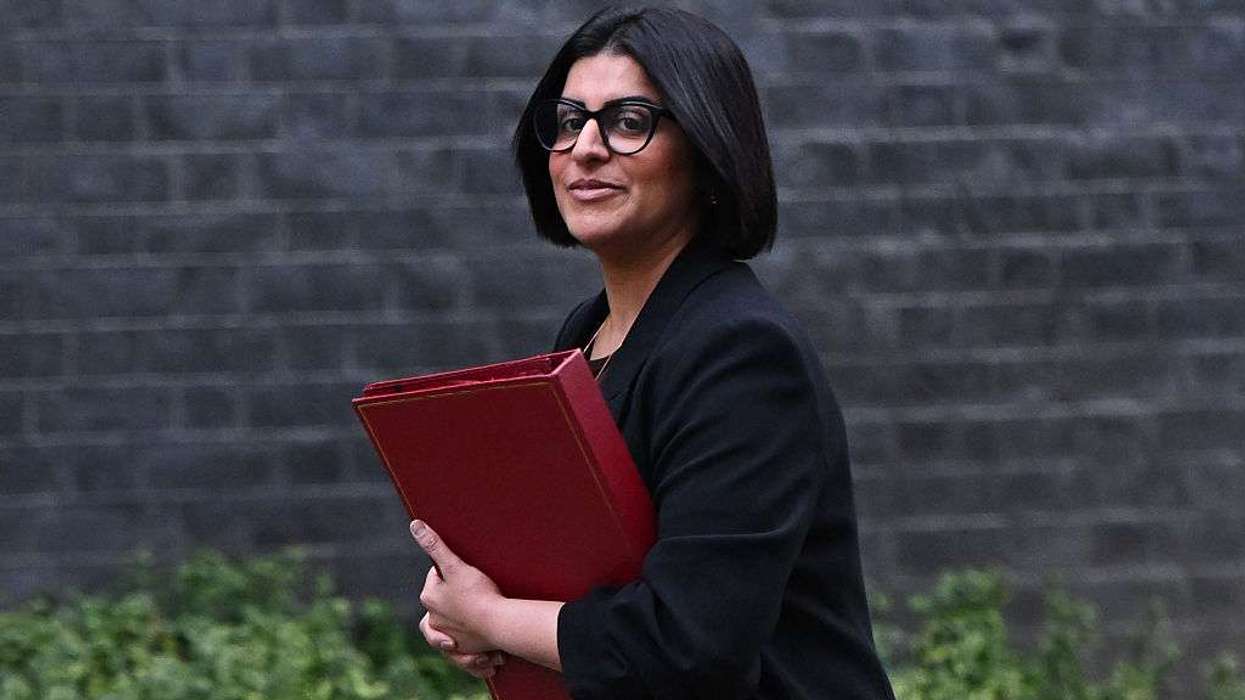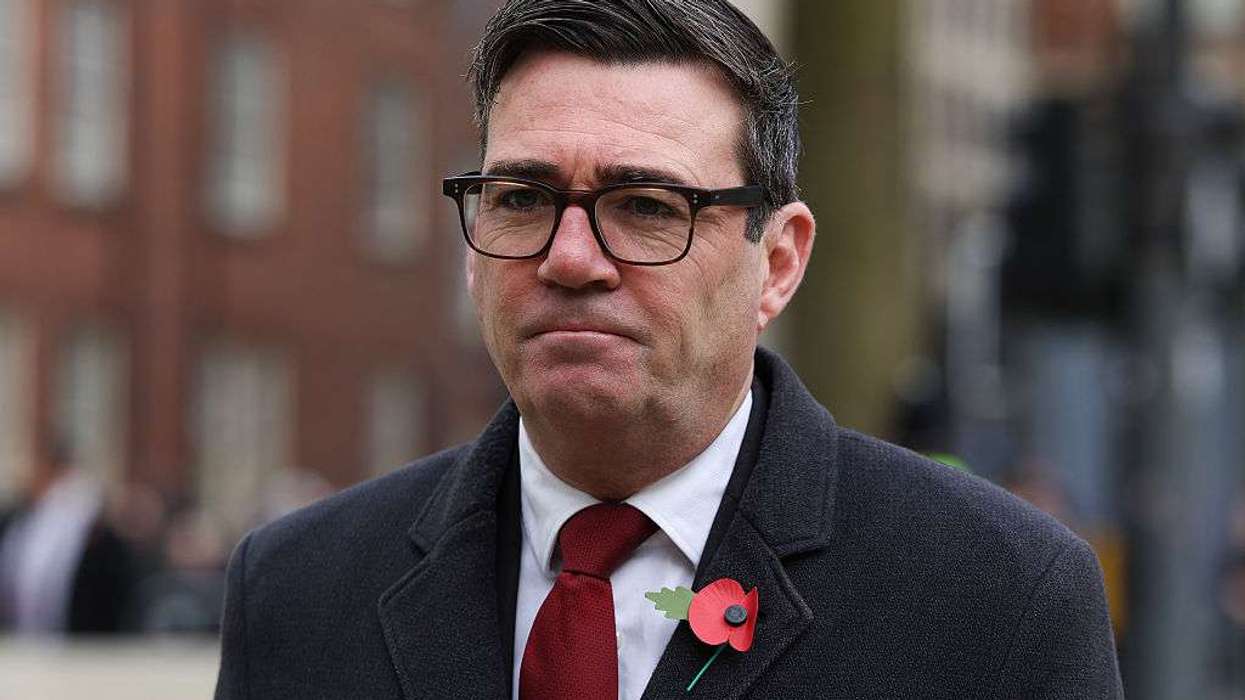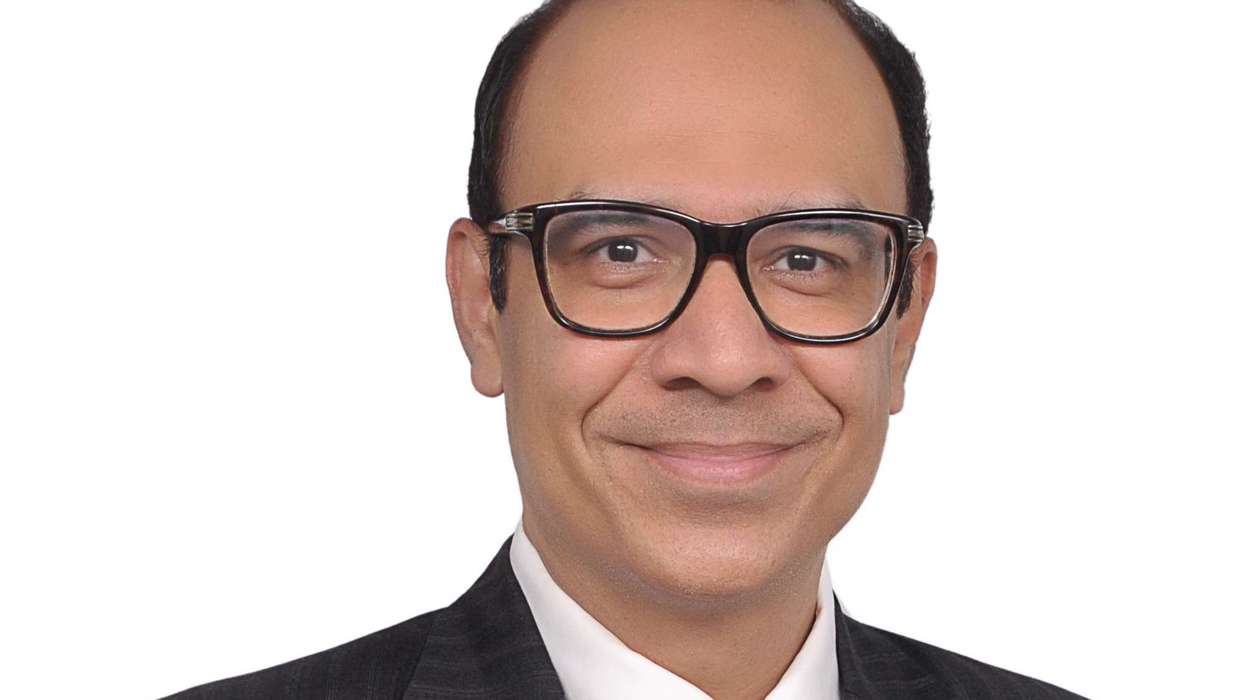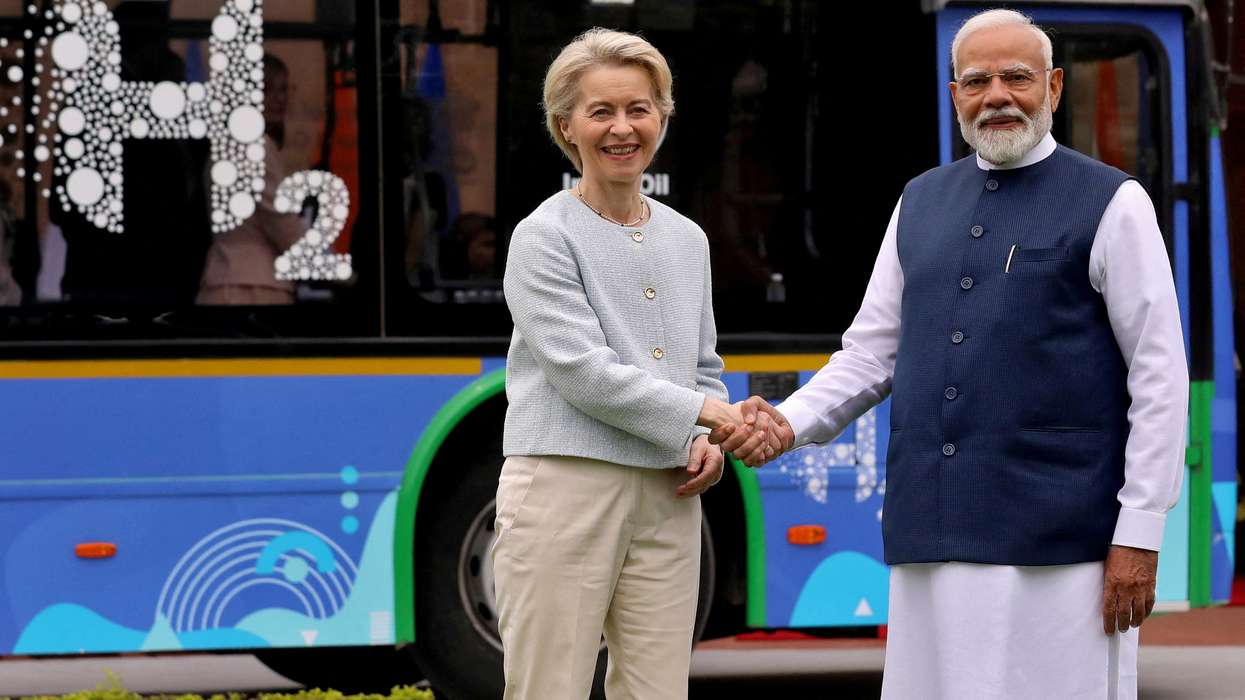POLICE will deploy hundreds of officers this weekend in response to planned immigration-related protests in Epping, northeast of London, amid concerns about possible rioting, Essex’s police chief said on Wednesday.
Essex chief constable Ben-Julian Harrington said demonstrations had been advertised for Saturday and Sunday following protests in recent days that led to charges of violent disorder.
"We'll have a robust policing operation. Essex is safe. You will have hundreds of officers on duty," Harrington said at a press conference.
The protests have taken place outside the Bell Hotel in Epping, located around 20 miles north of London, where asylum seekers are being housed.
Five men have been charged with violent disorder following incidents over the past week. Police said 10 people had been arrested in connection with the protests, during which vehicles were damaged and projectiles were thrown, injuring eight officers.
The police response comes in the wake of unrest last summer involving far-right supporters. The rioting followed false social media claims that the suspect in the murder of three girls was a radical Islamist migrant. The anniversary of the murders in Southport is on July 29.
Harrington said Essex Police’s priority was to protect communities while ensuring the right to peaceful protest.
The Bell Hotel in Epping has become a focal point for both anti-immigration protesters and pro-immigration groups after an Ethiopian asylum seeker living there was charged with sexual assault, harassment and inciting a girl to engage in sexual activity. The man denies the charges, according to a BBC report.
The BBC said the man had arrived in the UK by boat from northern Europe eight days before the alleged incident on July 7 and is currently in custody.
Prime minister Keir Starmer has committed to stopping small boat arrivals but has faced challenges in doing so. Official data released earlier this month showed that nearly 20,000 asylum seekers arrived in the UK on small boats in the first half of the year, the highest number recorded for that period.
(With inputs from agencies)
